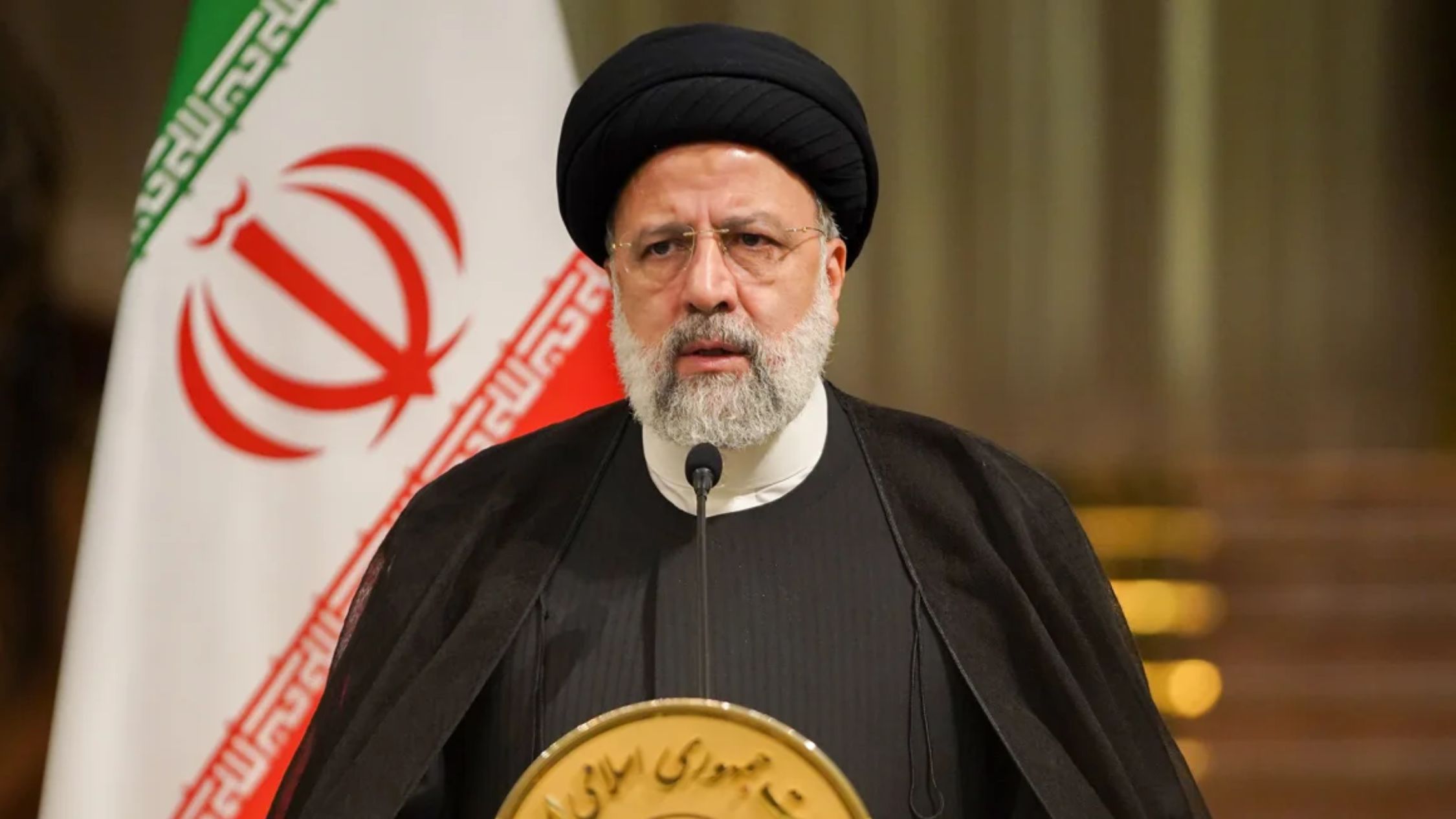Iran faces a pivotal moment as it grapples with the unexpected death of President Ebrahim Raisi, who was killed in a helicopter crash along with Foreign Minister Hossein Amir-Abdollahian and other senior officials in remote northwest Iran. Raisi's passing leaves a power vacuum in an already embattled nation grappling with economic sanctions, civil unrest, and external threats, particularly from adversaries in the Middle East, such as Israel.
Vice President Mohammad Mokhber has been appointed as the acting president by Supreme Leader Ayatollah Ali Khamenei. In compliance with the country's law, new elections must be held within 50 days, an event that is likely to see limited voter participation and may be hastily organized. Campaigning occurs amid deep public disillusionment with the electoral process, evidenced by record-low voter turnout in recent elections.
The helicopter crash's cause remains in dispute, with theories ranging from bad weather and technical failure to sabotage. Iran's dated aviation fleet and ongoing international sanctions have hampered efforts to modernize its air force. The crash has intensified the country's sense of vulnerability and raised suspicions regarding external interference.
Raisi was seen as a potential successor to the 85-year-old Ayatollah Khamenei, making his death a severe blow to the regime’s future plans. Analysts speculate that more conservative factions will seek to fill the void, undermining any hope for reforms or policy shifts, especially those related to the economy and human rights.
The political future of Iran remains clouded, as the Assembly of Experts, a body pre-vetted by the Guardian Council, will ultimately be responsible for selecting Khamenei's successor upon his death. Raisi's death has hence created ripples, with national and international ramifications.
In the wake of the incident, countries and international organizations, including the United States, European Union, and Russia, have expressed their condolences. Despite their adversarial relations, U.S. Secretary of State Antony Blinken extended official condolences while reaffirming support for the Iranian people’s fight for basic freedoms and human rights.
This crisis happens against the backdrop of Iran’s embattled economy, strained further by numerous rounds of U.S. sanctions. Additionally, escalating tensions with Israel and Iran's substantial human rights challenges underscore an unstable future. The upcoming elections may offer a transient focus of hope but are unlikely to bring substantive change.
- The helicopter incident occurred as Raisi was returning from an official engagement in East Azerbaijan province. The Bell 212 helicopter was described as obsolete, highlighting the challenges faced by Iran’s sanctions-crippled economy.
- Adding to the complexities, Iran also struggles with internal dissent, culminating in large demonstrations and violent clashes that erupted following the 2022 death of Mahsa Amini. Raisi's administration faced severe criticism for its stringent **anti-hijab regulations** and brutal suppression of the protests, causing persistent unrest within the nation.
- In the near term, analysts predict that the hardline establishment will seek to entrench its power further. With the supreme leader's authority unquestioned, real changes in foreign policy or civil liberties appear unlikely, further consolidating Iran's current ultra-conservative stance.
- Meanwhile, Raisi's death has emboldened opposition groups within Iran and those in exile. Protests have already appeared internationally, such as the demonstrations outside the Iranian embassy in Berlin, signaling a broader discontent that transcends national borders.
- The profound impact of Raisi’s death extends to the geopolitical arena, where Iran's role in ongoing Middle East conflicts, particularly with Israel and in regions like Syria and Lebanon, continues to be substantial. These tensions have increased significantly following Israel’s military operations against Hamas in Gaza.






